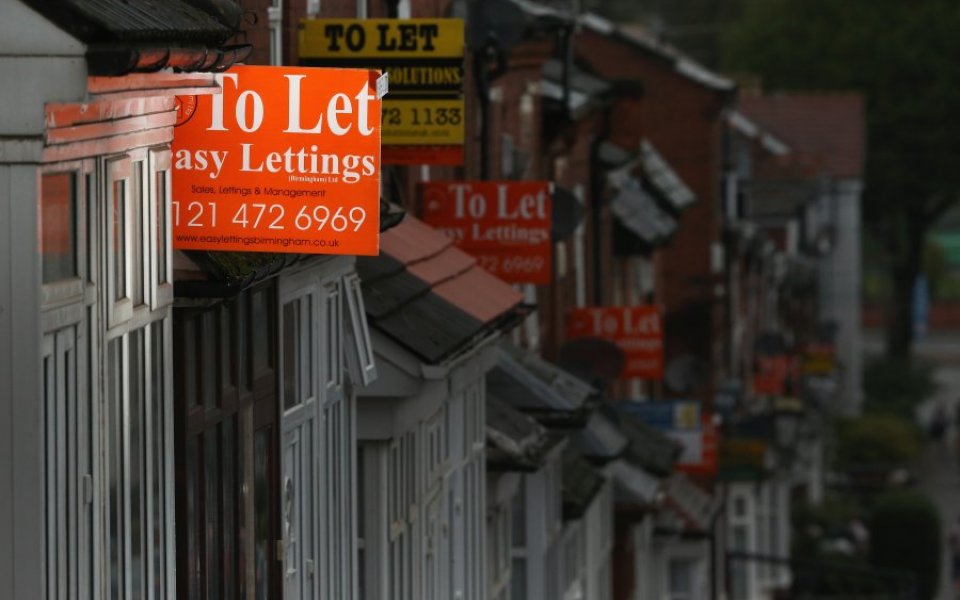Autumn Statement 2015 buy-to-let advice for landlords: After the chancellor’s stamp duty hike, what should investors do?

The chancellor's announcement of a three per cent stamp duty levy on non-primary residences – specifically buy-to-let investments and second homes – caught many by surprise. This change is an incredibly blunt instrument to deal with a complex set of housing market issues.
In principle, it will reduce the competition between first-time buyers and investors for many properties, while also disincentivising some second-home purchasers. However, it isn’t great for renters, who may see extra upward pressure on rents if there are fewer rental properties on the market.
But what does it mean for anyone thinking about buying a residential investment or a second home in the UK? Who is worse off? Is anyone better off?
Read more: Stamp duty hike will hurt tenants, not landlords
First, it is important to make clear that this is a transaction tax; no existing investors will be hit with a deeper tax burden.
Second, for those considering a buy-to-let investment, there is still the option of moving into that property as a primary residence and renting your current home. If this isn’t an option, your last hope might be to amass a portfolio of at least 15 properties in order to be exempt as a professional landlord. No, me neither.
For most existing investors, this is going to feel a bit like a delayed one-two punch after punitive mortgage tax relief changes in the summer budget. Many will feel it’s just not worth it and some may be right.
But before you put the property on the market, it is worth a pause for thought. Take professional advice, particularly if the income represents a future pension supplement.
You will need to weigh up the current debt burden, long-term plans for the property – and what investment alternatives might be out there. There is also now a hanging question over whether the chancellor is done, or if he intends to shake the investor tree any further to see what else might fall out.
Let’s be clear; the shifting sand of stamp duty has created a spectre of policy uncertainty that makes investors nervous. Over the past year, there were over 110,000 buy to let transactions. A proportion of this market may pare back next year as a direct result of this change, but with closer to 1.2 million housing transactions across the UK, price impacts will be almost zero overall.
Our biggest concern is in the new build space, where scheme viability often depends on off-plan sales. This is investor territory as owner-occupiers want to touch and feel their future home, meaning that a weaker demand from investors will actually weaken overall supply in London as viability is reduced and construction finance is held back.
This is in direct contradiction to the government’s drive to improve housing supply; the UK desperately needs long-term planning rather than short-term ideas if it ever going to solve the housing crisis.
The outcome of the stamp duty change will have very few winners and some clear losers from both renters and landlords. A rethink may be wishful thinking, but is certainly warranted here.